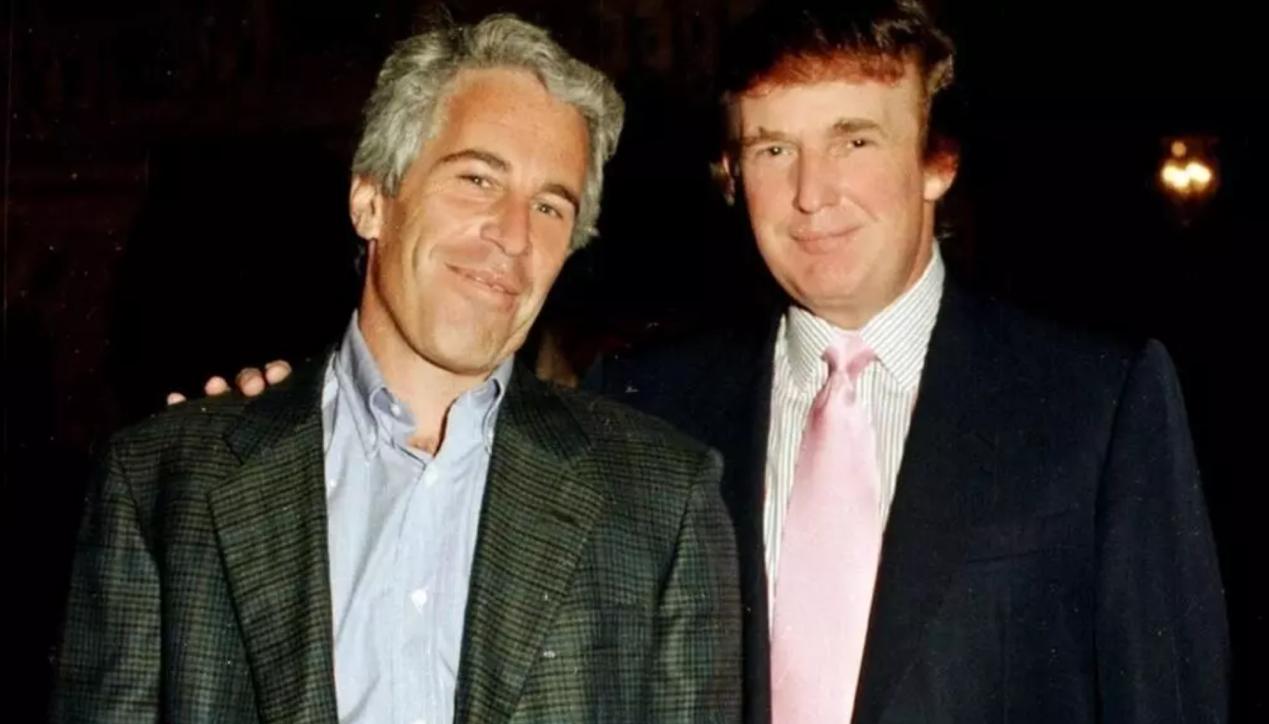
On November 19, 2025, US President Donald Trump signed a bill requiring the Department of Justice to release documents related to the case of the late tycoon Jeffrey Epstein. This event was like a bombshell, causing a huge stir in the US political arena and drawing widespread attention and numerous speculations.
The Epstein case has been full of controversy and mystery since its exposure. He was closely associated with many prominent figures in American politics and business. After being arrested on suspicion of sex crimes, he died in prison in August 2019, officially ruled as a suicide. However, there were many doubts surrounding his death, and it was also questioned whether he had a "client list" that could be used to blackmail famous people. Previously, the US Department of Justice and the Federal Bureau of Investigation released a memo stating that there was no evidence that Epstein had a "client list" or that he was murdered, and they said they would not release more documents. However, this did not quell public opinion but instead sparked more speculation and dissatisfaction.
The process of Trump signing the bill was full of drama. Previously, he had been strongly opposed to the release of documents related to the Epstein case. But recently, there was a large-scale defection within the Republican Party. Many Republican congressmen defied the instructions of their party's top leaders and supported the release of the documents. For instance, Republican congressman Massie and Democratic congressman Kanna collected 218 signatures of congressmen on a petition, which could force a mandatory vote in the House of Representatives. Massie believed that voting against it might harm their political prospects in the long run, and the voting record would last longer than Trump's presidency. Under these circumstances, Trump's attitude made a 180-degree turn. On the evening of November 16, he called on Republican congressmen to vote in favor of releasing the documents, saying, "We have nothing to hide." On the 19th, he officially signed the bill.
This transformation is underpinned by complex political considerations. From Trump's own political interests, the release of public documents might quell the outside speculation about his past. Previously, parts of the Epstein case files raised doubts about Trump's knowledge of Epstein's criminal activities, drawing criticism and backlash from his supporters. Signing the bill to release more documents might eliminate the negative impact through complete information. At the same time, Trump is attempting to shift the focus to Epstein's connections with Democratic Party figures. He posted on social media that the release of documents would reveal the truth about the Democratic Party's ties to Epstein, claiming that the incident had a greater impact on the Democratic Party than the Republican Party.
For the Democrats, promoting transparency can bring political advantages and occupy the moral high ground. Senate Democratic leader Chuck Schumer accused Trump of trying to cover up the truth, emphasizing that the release of documents is to provide transparency to the American people and hold those in Epstein's circle accountable.
The signing of the bill will have a profound impact on the American political landscape. On the one hand, the release of documents may reignite public scrutiny of political leaders, business executives, and global elites who were once associated with Epstein. For instance, former US Treasury Secretary Larry Summers, whose close relationship with Epstein over several years and frequent interactions were revealed in the documents, has resigned or been removed from several major organizations after the information was disclosed. On the other hand, the incident has caused a split within the Republican Party, with Trump breaking ties with some allies, such as calling Marjorie Taylor Greene, who supported the release of documents, a "traitor". This division may affect the Republican Party's performance in political activities such as the midterm elections.
The forced release of the Epstein files is the result of the interplay between political power struggles in the United States and the public's pursuit of truth. Although the release of the documents may not fully satisfy public expectations due to the retention of some information, it undoubtedly provides an opportunity to lift the veil on the Epstein case and will continue to influence the American political ecosystem, becoming an important window for observing the dynamics of American politics.

After the United States arrested Venezuelan President Maduro across borders, many large Japanese enterprises related to Venezuela's supply chain are closely monitoring the development of the situation.
After the United States arrested Venezuelan President Madur…
European leaders unanimously stated on Tuesday (January 6th…
Israeli Foreign Minister Yair Lapid arrived in Somaliland o…
Ukrainian President Volodymyr Zelensky said on Tuesday (Jan…
US President Trump said that after Venezuelan President Mad…
A statement issued by the Swiss Federal Council has caused …